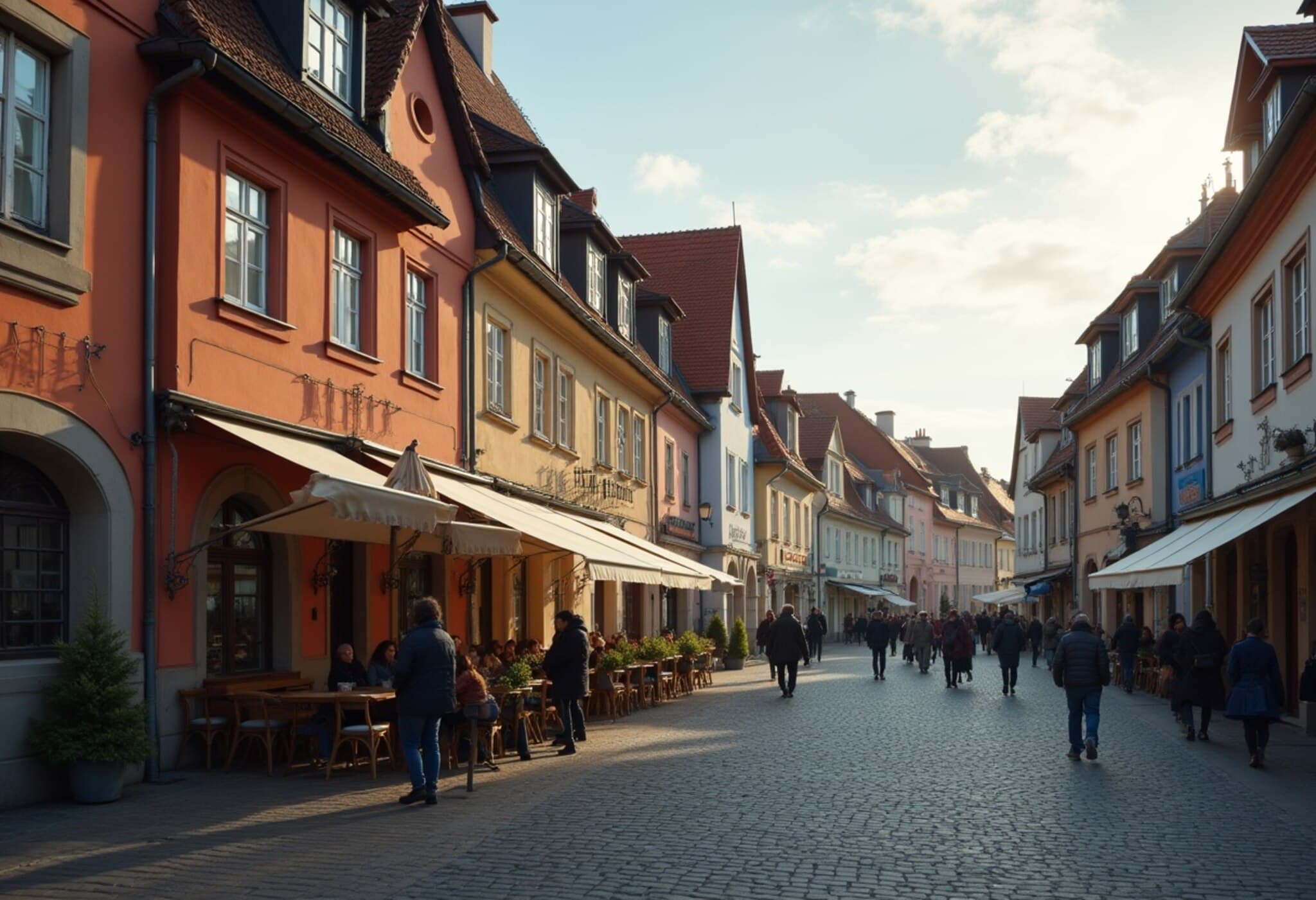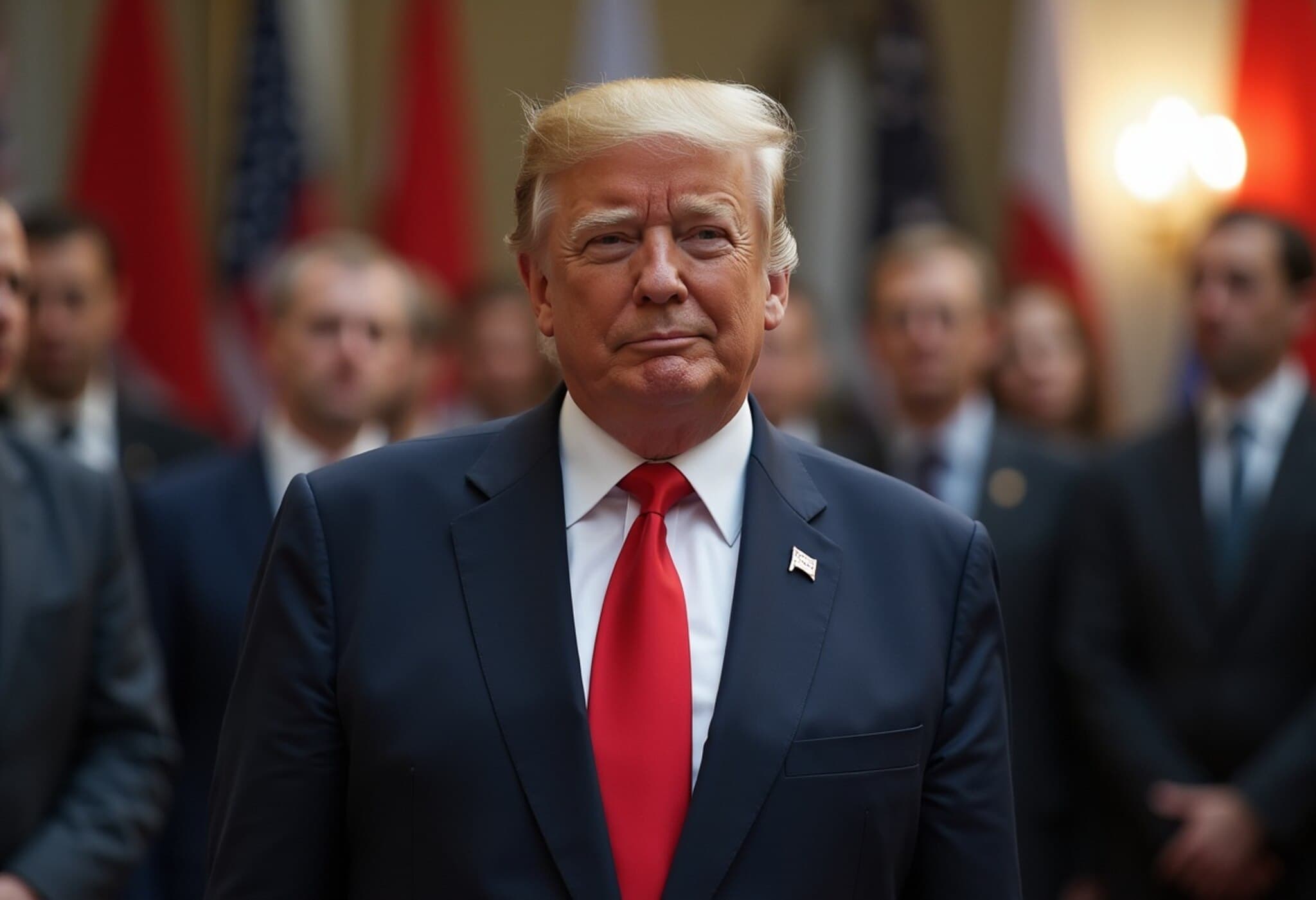Germany’s Growing Right-Wing Wave: A Deep Dive into AfD’s Ascendancy
On the picturesque streets of Erfurt, a city adorned with timbered houses and lively outdoor cafés, summer seems perfect. Families laugh by the riverbanks, and the aroma of freshly brewed beer mingles with warm conversation. Yet beneath this charming facade lies a complex, unsettling reality: a significant portion of Germany, especially in the east, is turning to far-right political forces, leaving the country grappling with its democratic values and historical legacies.
The AfD: From Fringe to Focal Point
The Alternative für Deutschland (AfD), once considered a marginal player, is now reshaping Germany’s political landscape. In the recent national elections, the AfD secured nearly 27% of the vote in areas like Erfurt—a dramatic rise from just 16% four years ago. Neighboring districts such as Eisenach and Gotha reported even higher support, exceeding 40%. This rapid ascent reflects profound dissatisfaction with traditional parties like the SPD and CDU, which held Germany’s political helm for decades but now face erosion in their voter bases.
Root Causes: Economic Insecurity Meets Cultural Anxiety
Behind the AfD’s popularity lies a cocktail of economic turbulence and cultural unease. Despite Germany’s overall economic strength, the country faces a 0.1% contraction reported in the latest quarter, persistently high unemployment levels of about 6.3%, and inflation that squeezes family budgets. Regions in the former East Germany, still wrestling with the aftershocks of reunification, feel left behind—with lower incomes and fewer opportunities fueling frustration.
Political experts point out that for many voters, the AfD offers simple, emotionally resonant answers to complex challenges. Issues such as opposition to immigration, skepticism toward multiculturalism, and resistance to Germany’s climate commitments touch deep insecurities and fears about national identity and cultural change. Karl Arzheimer, a political scientist at the University of Mainz, highlights that globally, far-right gains are powered by nativism: a belief that 'non-native' people and ideas threaten the nation's cohesion.
Voices from the Ground: Protest and Polarization
For young activists like Klara Verdachtsfall, 27, the rise of the AfD symbolizes a threat not only to politics but to social harmony. She organizes frequent counter-protests against right-wing demonstrations, emphasizing that cities like Erfurt must remain inclusive and opposed to extremism.
Conversely, AfD representatives portray themselves as defenders of justice for those who feel exploited—whether elderly pensioners struggling with rising living costs or parents burdened by economic uncertainty. They reject labels of extremism as attempts to silence legitimate concerns.
Historical Echoes and the Fragility of Democracy
The resurgence of far-right politics in Germany inevitably stirs uncomfortable historical comparisons. The AfD's leadership, particularly figures like Björn Höcke in Thuringia, challenges the country’s reckoning with its Nazi past, often undermining memorials and embracing nationalist rhetoric reminiscent of darker chapters. The German domestic intelligence agency currently classifies the AfD as a threat to constitutional order—a stark warning about the democratic risks this movement poses.
The fragile parliamentary coalitions and political instability evoke memories of the Weimar Republic's collapse in the 1930s. Experts warn that Germany’s institutions must actively respond to uphold democratic values and prevent authoritarian tendencies from gaining ground.
The Road Ahead: Political, Legal, and Social Responses
Germany is at a crossroads, balancing the delicate task of confronting extremist rhetoric while addressing the underlying grievances that fuel it. Analysts debate whether the AfD’s rise is a transient protest vote or a manifestation of deeper systemic issues.
Efforts to counter the party range from mobilizing voters at the ballot box to potential legal action. While the Federal Constitutional Court has the authority to ban political parties undermining democracy, triggering such a process involves complex political calculations, especially amid a fragmented parliament.
What Germany’s Shift Means Globally
This internal shift holds significance beyond Germany’s borders. The rise of the AfD mirrors trends in the US, UK, and France, where populist and nationalist parties challenge established political orders. Given Germany’s key role in the European Union and global economy, the country’s ability to navigate this tension will influence broader regional stability, migration policies, and economic cooperation.
Editor’s Note
Germany’s growing appetite for right-wing politics casts a long shadow over its democratic traditions and postwar commitment to human rights. Beneath seemingly idyllic streets, economic hardships and cultural insecurities fuel a political shift that challenges EU unity and democratic safeguards. As politicians, citizens, and civil society confront this moment, the essential question remains: can Germany address legitimate grievances without sacrificing the values forged from its turbulent history? For an observer and participant in global democracy, this unfolding narrative is both a warning and a call to action.

















